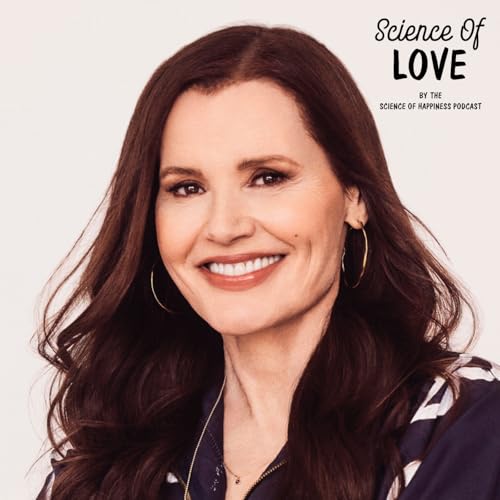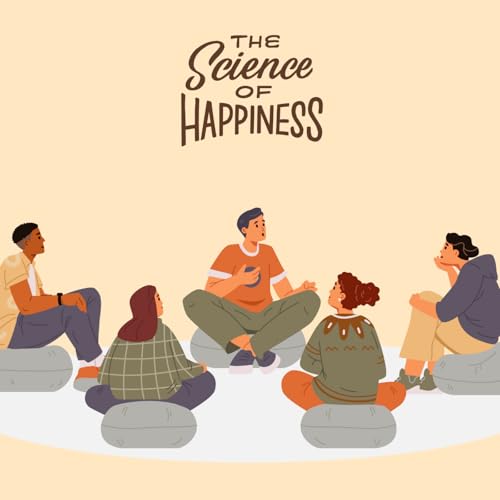In a culture that often reduces love to romance, we explore the science of love across the lifespan—revealing how our bonds with parents, friends, partners, and communities shape our health, happiness, and survival.
Summary: Love is commonly understood as a feeling, yet scientific research increasingly points to its role as a core biological drive. In this episode of The Science of Love, we explore how love is expressed through caregiving, friendship, romantic attachment, and shared experience, and how these connections leave measurable effects on the brain, body, and even the microbiome.
Scroll down for a transcription of this episode.
Related The Science of Happiness episodes:
The Science of Love Series: https://bit.ly/TheScienceofLove
36 Questions to Spark Love and Connection: https://tinyurl.com/ktcpz78u
How 7 Days Can Transform Your Relationship: https://tinyurl.com/bdh2ezhr
Today’s Guests:
ANN DRUYAN is an author, activist, and documentary producer.
Learn more about Ann Druyan’s work here: https://tinyurl.com/5n8crkev
DANIEL LEVITIN is a neuroscientist, musician, and bestselling author.
Follow Daniel Levitin on IG: https://www.instagram.com/daniellevitinofficial
JESSICA EISE is a social and environmental scientist and is an assistant professor of social and environmental challenges with Indiana University School of Public Health-Bloomington.
Learn more about Jessica Elise here: https://jessicaeise.com/
ANNA MACHIN is an evolutionary anthropologist who studies the evolution of love.
Learn more about Anna Machin here: https://annamachin.com/
FRANCESCO BEGHINI is a computational biologist at Yale University.
Learn more about Francesco Beghini here: https://tinyurl.com/knm4du4m
ILANA BRITO is a biomedical engineering professor at Cornell University.
Learn more about Ilana Brito here: https://tinyurl.com/mtnhw3yd
CONSTANCE BAINBRIDGE is a Communication PhD student at UCLA.
Learn more about Constance Bainbridge here: http://constancebainbridge.com/
SANDRA LANGESLAG is a cognitive and biological psychologist who studies romantic love.
Learn more about Sandra Langeslag here: https://tinyurl.com/523wc9wx
Message us or leave a comment on Instagram @scienceofhappinesspod. E-mail us at happinesspod@berkeley.edu or use the hashtag #happinesspod.
Help us share The Science of Happiness! Leave us a 5-star review on Apple Podcasts or share this link with someone who might like the show: https://tinyurl.com/2p9h5aap
Funding for this special was provided by the John Templeton Foundation, as part of the Greater Good Science Center's Spreading Love Through the Media initiative.
Transcription: https://tinyurl.com/bfave5wd
 25 minutos
25 minutos Jan 29 202622 minutos
Jan 29 202622 minutos Jan 22 20267 minutos
Jan 22 20267 minutos Jan 15 202622 minutos
Jan 15 202622 minutos 8 minutos
8 minutos Jan 1 202619 minutos
Jan 1 202619 minutos 9 minutos
9 minutos 8 minutos
8 minutos
